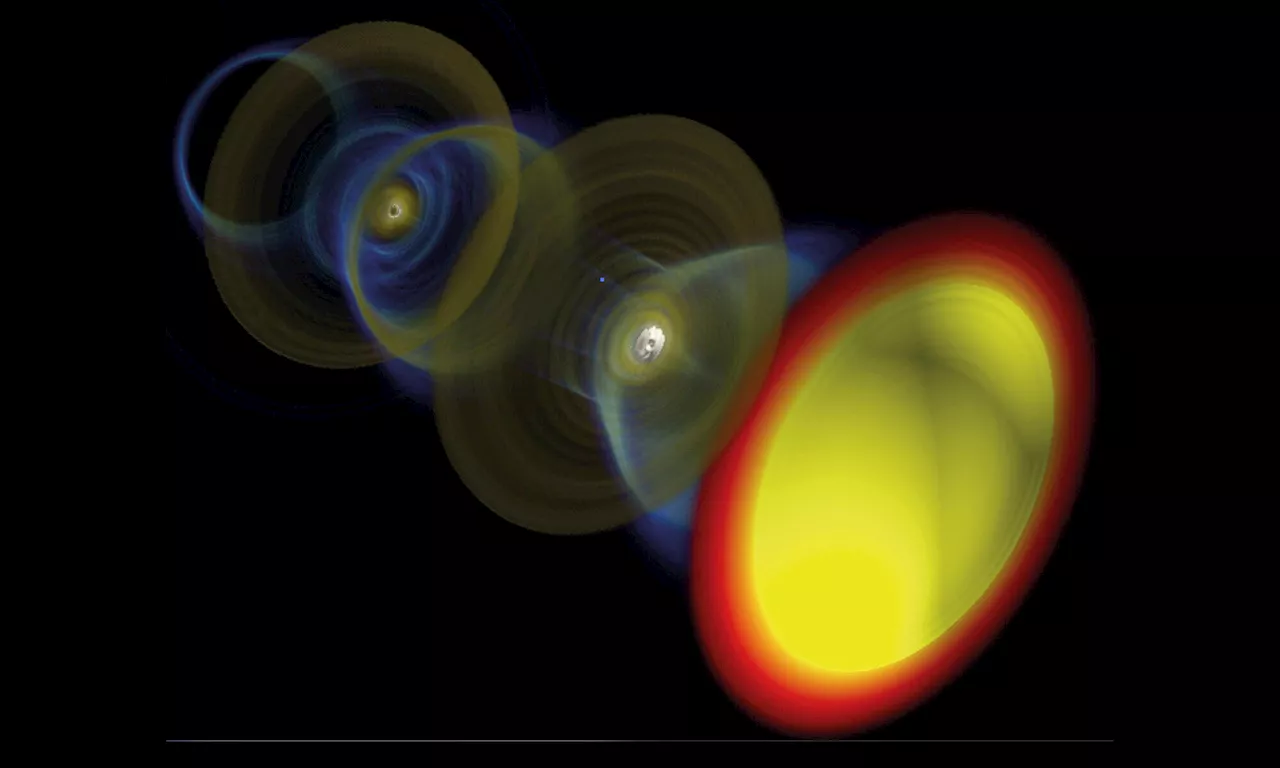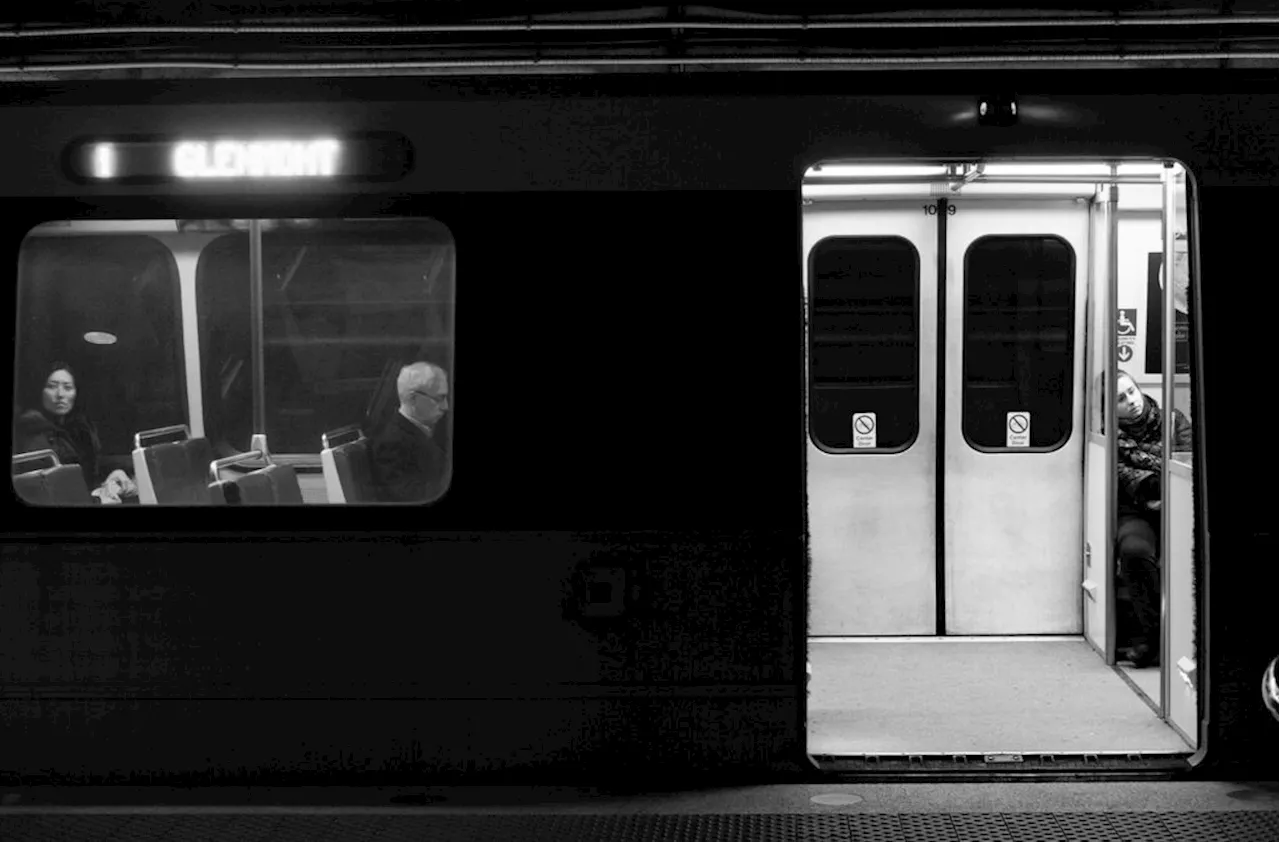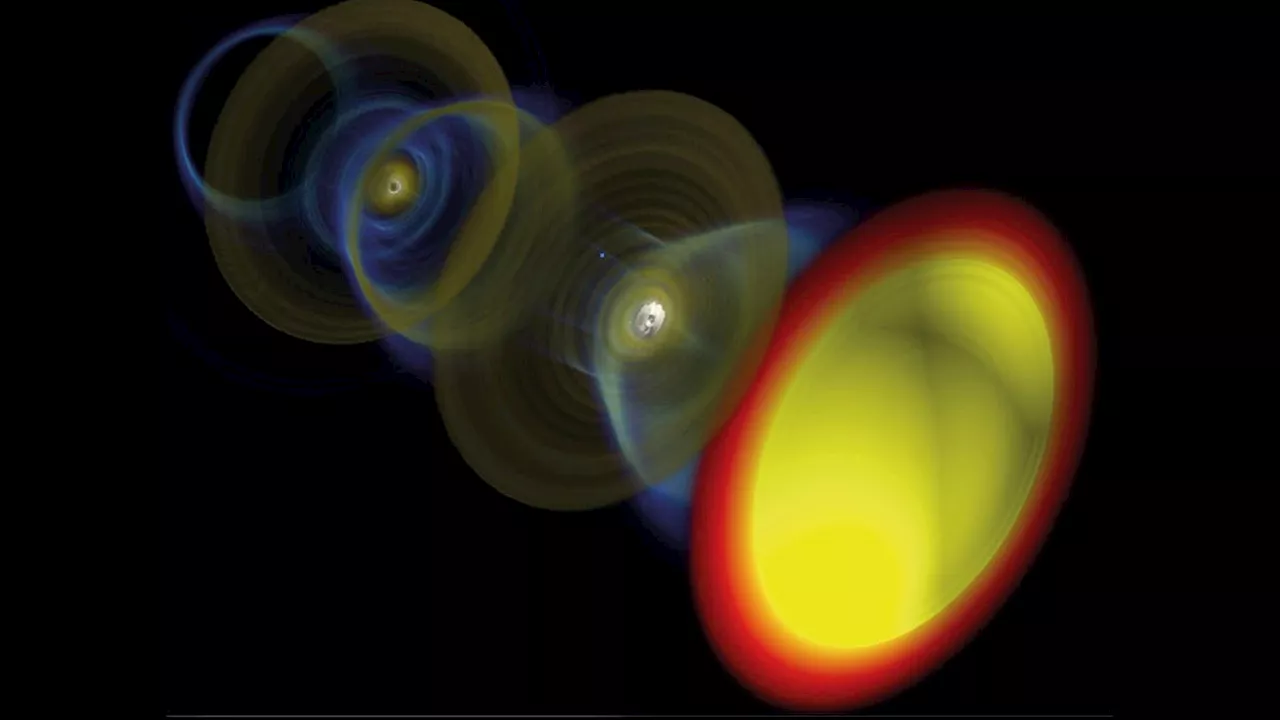“This does not violate any rules or laws of physics.”
Nothing can travel faster than light, or 299,792,458 meters per second. But a certain group of particles acts as if it can, a team of physicists recently concluded, potentially paving the way for a powerful light source that could reveal new kinds of science. When electrons are excited and pushed around, they produce light of various energies that can be used to study phenomena far beyond the limits of the naked eye or typical microscopes.
—which achieved first light last month. can generate one million X-ray pulses per second, up from the original LCLS’ minuscule 120 pulses per second. The new X-ray pulses are 10,000 times brighter than those produced by LCLS, paving the way for scientists to peer at previously unseeable phenomena, from molecules in plant cells to how materials change phase. All those X-rays are produced by intentionally wobbling groups of fast-moving electrons, using large magnets.
work here. In a linear accelerator, “every electron is doing the same thing as the collective thing,” said Bernardo Malaca, a physicist at the Instituto Superior Técnico in Portugal and the study’s lead author, in a video call with Gizmodo. “There is no electron that’s undulating in our case, but we’re still making an undulator-like spectrum.” The researchers liken quasiparticles to the Mexican wave, a popular collective behavior in which sports fans stand up and sit down in sequence.
United States Latest News, United States Headlines
Similar News:You can also read news stories similar to this one that we have collected from other news sources.
 Scientists propose super-bright light sources powered by quasiparticlesAn international team of scientists is rethinking the basic principles of radiation physics with the aim of creating super-bright light sources.
Scientists propose super-bright light sources powered by quasiparticlesAn international team of scientists is rethinking the basic principles of radiation physics with the aim of creating super-bright light sources.
Read more »
 Scientists turn to quasiparticles for super bright lightInteresting Engineering is a cutting edge, leading community designed for all lovers of engineering, technology and science.
Scientists turn to quasiparticles for super bright lightInteresting Engineering is a cutting edge, leading community designed for all lovers of engineering, technology and science.
Read more »
 Scientists propose super-bright light sources powered by quasiparticlesResearchers have proposed ways to use quasiparticles to create light sources as powerful as the most advanced ones in existence today, but much smaller.
Scientists propose super-bright light sources powered by quasiparticlesResearchers have proposed ways to use quasiparticles to create light sources as powerful as the most advanced ones in existence today, but much smaller.
Read more »
 Physics-Defying Quasiparticles Could Open a Whole New World of MicroscopyThe Best in Science News and Amazing Breakthroughs
Physics-Defying Quasiparticles Could Open a Whole New World of MicroscopyThe Best in Science News and Amazing Breakthroughs
Read more »
 Biden wants to bring 'net neutrality' back despite faster, cheaper internet service without itThe Federal Communications Commission has announced it will reimpose Obama-era 'net neutrality' rules, granting itself sweeping powers to regulate the internet by setting prices and policing traffic.
Biden wants to bring 'net neutrality' back despite faster, cheaper internet service without itThe Federal Communications Commission has announced it will reimpose Obama-era 'net neutrality' rules, granting itself sweeping powers to regulate the internet by setting prices and policing traffic.
Read more »
 “This week, customers may notice doors opening faster on some Red Line trains”Welcome to the beautiful life
“This week, customers may notice doors opening faster on some Red Line trains”Welcome to the beautiful life
Read more »
